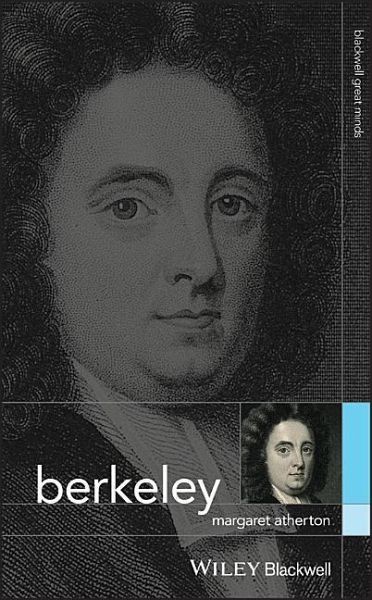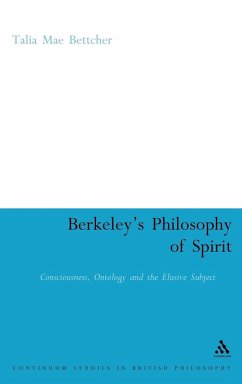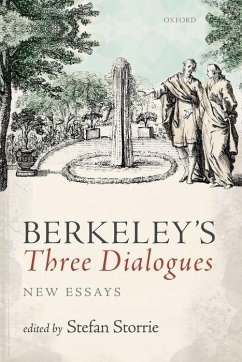
Berkeley
Versandkostenfrei!
Versandfertig in über 4 Wochen
75,99 €
inkl. MwSt.
Weitere Ausgaben:

PAYBACK Punkte
38 °P sammeln!
As one of the leading thinkers of the early modern period, George Berkeley revolutionized metaphysical thought through his arguments in defense of idealism - the belief that there is no reality outside of ideas and minds and thus no material reality. By contrast to his philosophical predecessors and contemporaries, most notably Locke and Descrates, Berkeley refused the more popular notions of materialism and dualism, and in so doing, developed a defense against skepticism as well as one of the most remarkable and enduring arguments for the existence of God. In Berkeley, noted scholar of early ...
As one of the leading thinkers of the early modern period, George Berkeley revolutionized metaphysical thought through his arguments in defense of idealism - the belief that there is no reality outside of ideas and minds and thus no material reality. By contrast to his philosophical predecessors and contemporaries, most notably Locke and Descrates, Berkeley refused the more popular notions of materialism and dualism, and in so doing, developed a defense against skepticism as well as one of the most remarkable and enduring arguments for the existence of God. In Berkeley, noted scholar of early modern philosophy Margaret Atherton explores Berkeley's most influential works, Principles of Human Knowledge and Three Dialogues between Hylas and Philonous, providing careful and thorough analysis of the logical structures that define Berkeley's metaphysics. As the newest addition to the Blackwell Great Minds series, Berkeley is a novel contribution to the scholarship surrounding George Berkeley, his philosophical legacy, and his contributions of early modern philosophy. Designed to act as resource on Berkeley's essential writings, Berkeley offers insight into the foundations of modern metaphysical and religious philosophy. Berkeley's works have influenced great minds from Kant to Hume, and through Atherton's astute criticism, students will find firm footing in the works of one of the most important philosophers of the early modern period.













